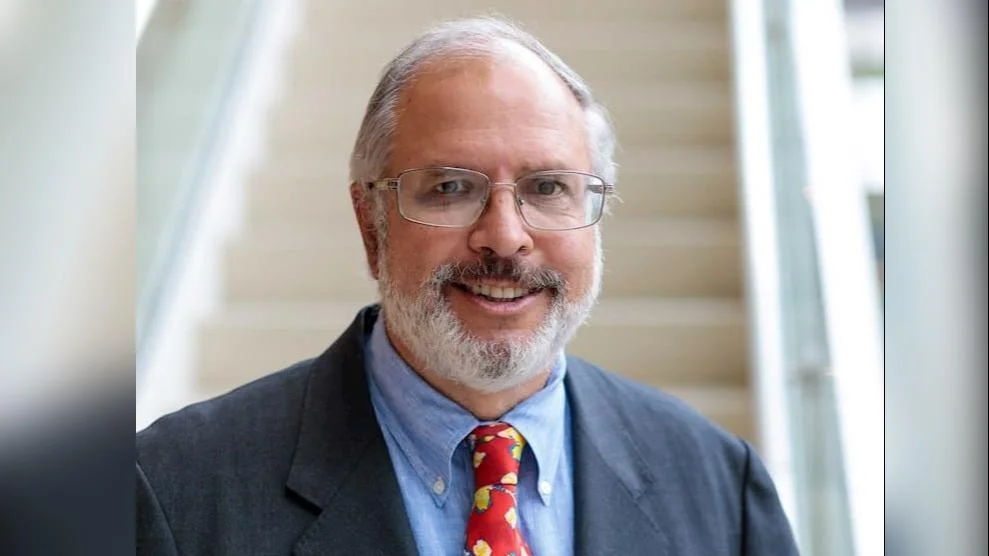Following a three-day conference at the University of Chicago, Nobel laureates and nuclear experts have issued an urgent appeal to world leaders to return to diplomacy to prevent nuclear war. The Declaration, which includes 13 calls to action, was the result of the Nobel Laureate Assembly for the Prevention of Nuclear War. This event was organized by several groups including the Bulletin of Atomic Scientists and UChicago’s Existential Risk Laboratory.
The Declaration emphasizes that while fear of nuclear war has maintained some stability among nations, relying on fear is ultimately risky. It stresses that without clear efforts from world leaders, avoiding nuclear conflict may not be possible.
The conference coincided with the 80th anniversary of the Trinity test—the first detonation of a nuclear bomb in 1945—and marked the first Nobel Assembly focused on nuclear threats. The event included panel discussions and presentations from experts, concluding with a public concert by Kronos Quartet that combined music with stories about historical nuclear near-misses.
Organizers expressed concern over what they see as "the beginning of a new, complex, and dangerous nuclear arms race." They urge all nuclear states to recommit to treaties like the Comprehensive Nuclear-Test-Ban Treaty (CTBT) and explore new ways to eliminate nuclear weapons stockpiles.
Emerging technological challenges such as AI were also discussed. The Declaration calls for stronger verification methods for potential nuclear tests using satellite- and AI-assisted monitoring and emphasizes human control over any AI-linked decisions regarding nuclear weapons use.
Additionally, it urges fresh research into the humanitarian and environmental impacts of nuclear war and encourages scientists, civil society, and faith-based groups to pressure leaders into reducing these threats.
UChicago Prof. Daniel Holz highlighted current fragmentation among nations as extraordinarily dangerous. He noted that during the Cold War there was communication between adversaries which helped build trust and avoid mistakes leading to war.
The assembly took place at UChicago where Enrico Fermi achieved the first self-sustaining nuclear chain reaction in 1942—a key step toward developing a nuclear weapon. Scientists from this effort later formed the Bulletin at UChicago which now sets the Doomsday Clock each year.
Robert Floyd from CTBT Organization delivered a keynote address referencing Greek myths like Prometheus and Icarus while discussing history's lessons on pushing limits with extraordinary consequences. He posed questions about whether future assemblies will celebrate continued avoidance or regret past actions related to harnessing atomic power.
A video address by Masako Wada from Nihon Hidankyo—founded by survivors of Hiroshima/Nagasaki bombings—and remarks by Cardinal Silvano Maria Tomasi further emphasized global responsibility towards disarmament efforts during Wednesday’s public event where attendees witnessed formal signing ceremonies alongside various speakers' contributions reflecting upon Manhattan Project physicists’ legacy yet drawing inspiration from Bertrand Russell & Albert Einstein urging humanity above all else: “Remember your humanity; forget everything else.”

